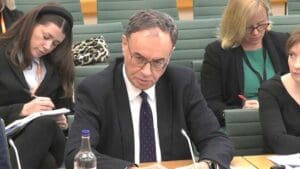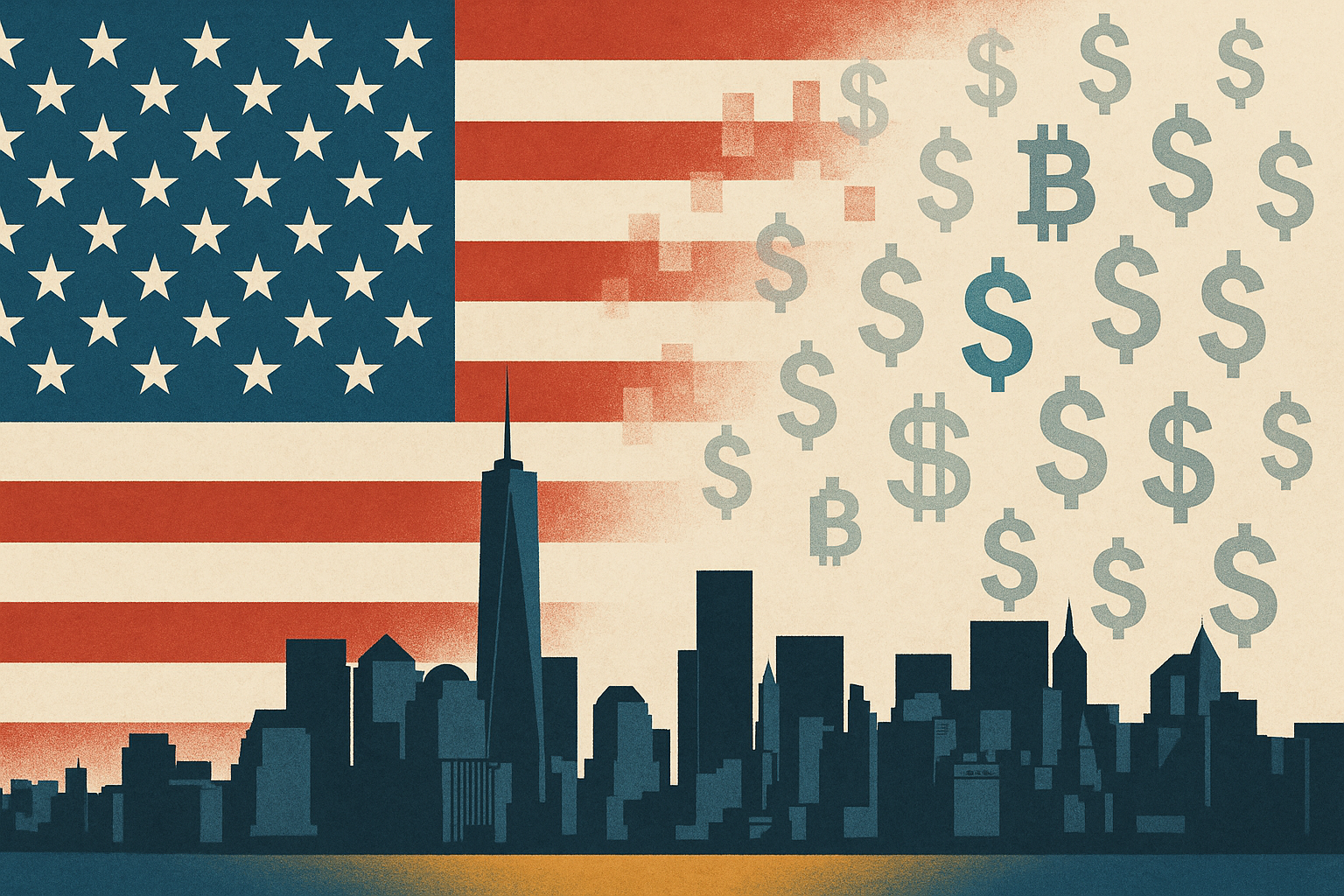In the run-up to a key UK-EU summit in London, Bank of England Governor Andrew Bailey has urged renewed efforts to restore trade relations with the European Union, warning that failure to address the disruption caused by Brexit could hinder the UK’s economic recovery and long-term growth prospects.
Speaking to the BBC ahead of the summit, Bailey highlighted the continuing decline in goods trade with the EU since Britain’s departure from the bloc and called for a more pragmatic approach to European economic ties. “Having a more open economy to trade with the European Union… would be beneficial,” he remarked. “There has been a fall-off in goods trade with the EU over recent years, and we must ensure Brexit doesn’t continue to damage the UK’s trade position.”
Although careful to avoid direct criticism of Brexit, Bailey’s comments underscore growing recognition within financial and political circles that trade disruption has contributed to stagnating growth and diminished investment. The UK’s trade in goods with the EU has declined by approximately 15% since the end of the Brexit transition period, according to figures from the Office for National Statistics (ONS), and UK exports have underperformed those of similar advanced economies.
The timing of Bailey’s intervention is significant. Prime Minister Keir Starmer is expected to unveil a new strategic framework for UK-EU partnership later this month. Officials close to the talks say the framework will aim to “reset” relations and encourage closer cooperation on shared economic and regulatory priorities. While there is no current appetite in government to rejoin the EU’s single market or customs union, ministers are exploring options to ease red tape and reduce friction at the UK’s borders.
Bailey’s appeal to strengthen European ties comes as the government celebrates progress on other international trade fronts. Most recently, the UK signed a long-awaited free trade agreement (FTA) with India. Announced as a “landmark deal” by Starmer’s administration, the agreement is forecast to add £4.8 billion to the UK economy by 2040, according to a report by the Department for Business and Trade. The deal is part of the UK’s wider post-Brexit strategy to expand trade relationships beyond Europe, including joining the Comprehensive and Progressive Agreement for Trans-Pacific Partnership (CPTPP).
Earlier this month, the UK also reached a limited agreement with the United States, providing modest relief from some of the protectionist trade measures implemented under former President Donald Trump’s administration. While the deal reduces tariffs on UK steel and car exports, it falls short of a comprehensive free trade deal. Most tariffs remain at levels higher than those in place prior to the initiation of Trump’s global tariff regime.
Speaking at an economic policy forum in Reykjavík, Iceland, Bailey reiterated the need for agility in monetary policy, warning that the global economy remains in “a volatile period” due to rising US tariffs and ongoing geopolitical uncertainty. “Central banks need to be nimble and robust at times like these,” he stated.
Domestically, the UK economy continues to grapple with sluggish growth, an elevated tax burden, and persistently weak consumer confidence. The Bank of England last week reduced the benchmark interest rate to 4.25%, marking the first cut since 2023, but signalled it would proceed cautiously with further reductions. Inflation has fallen significantly from its post-pandemic peak but remains at 2.6%, above the Bank’s 2% target. The Monetary Policy Committee has indicated that further easing will depend on clear evidence that inflation is on a sustainable downward path.
This wait-and-see approach has drawn criticism from business leaders and unions, who argue that interest rates remain too high and are compounding the effects of tax increases and trade friction at a time when many firms and households are under strain. “Many firms, desperate for financial respite, will be keen to see further rate cuts in the months ahead,” said David Bharier, Head of Research at the British Chambers of Commerce (BCC). He cited a combination of domestic tax rises and global trade instability as key factors dampening confidence.
The Trades Union Congress (TUC) echoed these concerns, warning that many working families were still struggling with the cost-of-living crisis and would benefit from lower borrowing costs and improved access to credit.
Bailey’s remarks have added pressure on policymakers to balance short-term economic support with long-term positioning. With the EU still accounting for around 42% of UK exports, according to the latest HMRC figures, many analysts argue that a more constructive relationship with Britain’s largest trading partner is essential to reviving productivity and attracting inward investment.
“We must not let political difficulty stand in the way of long-term prosperity,” Bailey concluded. “This is a moment for pragmatism and rebuilding.”
As Westminster prepares to launch a fresh dialogue with Brussels, the governor’s comments reinforce a growing consensus that restoring confidence in Britain’s trading relationships — particularly with Europe — is key to overcoming today’s challenges and securing future prosperity.




